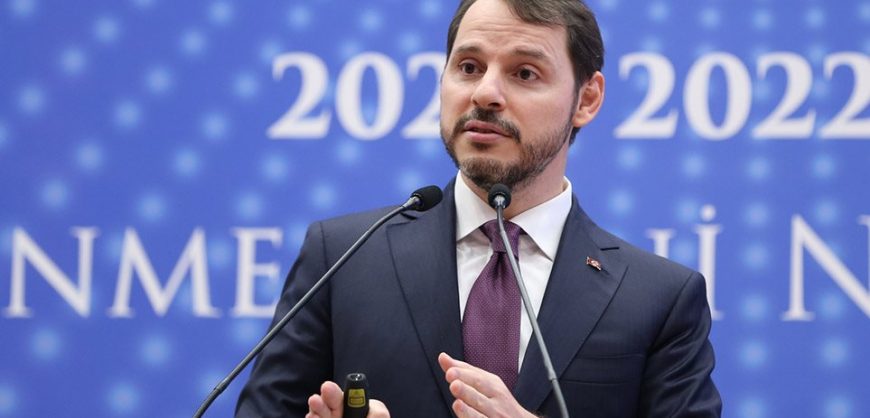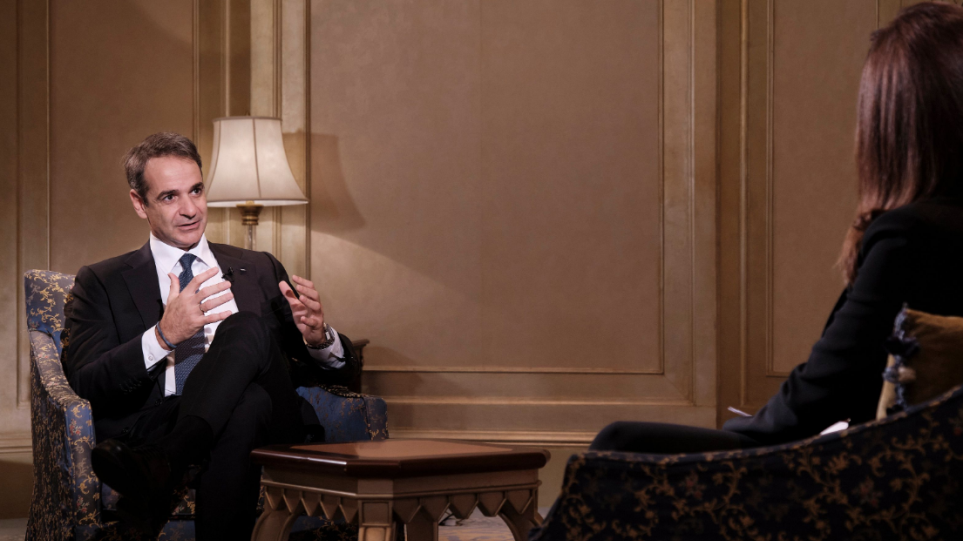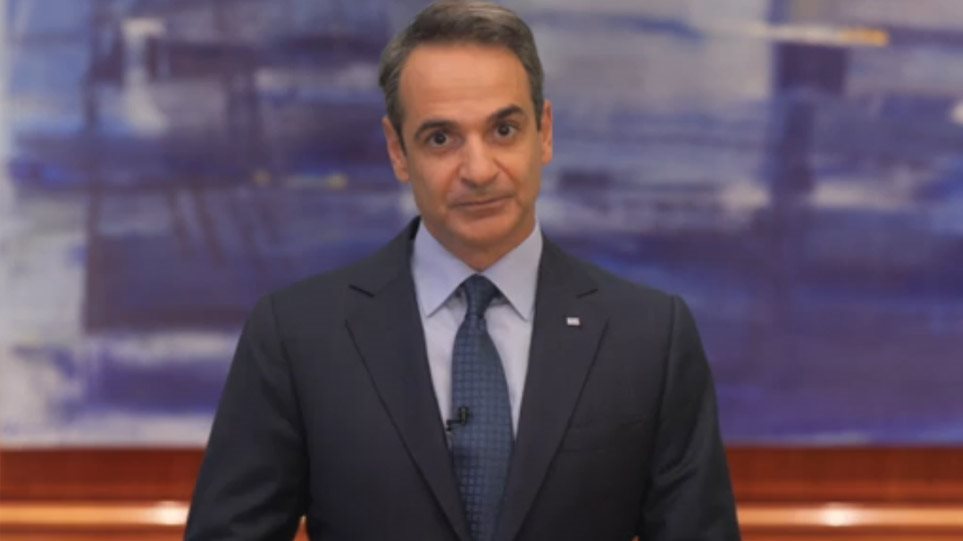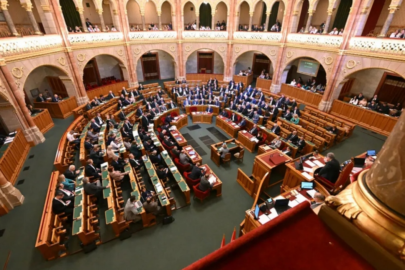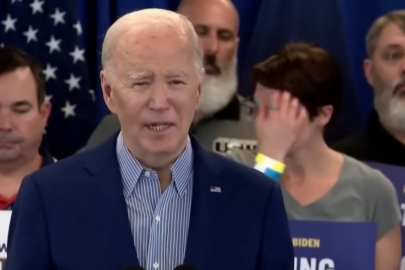The meteoric rise and sudden fall of Berat Albayrak, the son-in-law of President Recep Tayyip Erdoğan, underscores the transformation of Turkey into an authoritarian state, according to Daron Acemoğlu, a professor at MIT and co-author of Why Nations Fail.
Albayrak, who resigned as Turkish Treasury and Finance Minister on Nov. 8, was able to use his personal connection to the country’s powerful president to implement unorthodox economic policies that brought Turkey to the brink of a financial crisis.
“It’s very emblematic of an authoritarian country,” Acemoğlu told the Financial Times. “Because of his father-in-law’s position, he was able to be very influential and build a team around him that acted autonomously and very destructively. Those are things that you shouldn’t have in functioning democracies.”
Erdoğan installed Albayrak as Turkey’s economy czar in July 2018, just hours after he was re-inaugurated as president with vast new executive powers. Mehmet Şimşek, a former Merrill Lynch economist, was discarded to make way for him in an appointment that shocked foreign investors and proved the harbinger of a period of economic and financial turmoil.
Facing collapse, the famed Arecibo Observatory will be demolished!
Albayrak’s eventual departure and the endless discussions among political pundits about the reasons for his resignation, show that family matters in Turkey have taken over from the normal toings and froings that characterise political life in regular democracies.
“In normal democracies, everybody talks about cabinet quarrels, political struggles, party struggles,” a former government official said, according to the FT. “But what is happening here is that we are discussing family matters. What kind of a country are we?”.
Read more: Ahval

